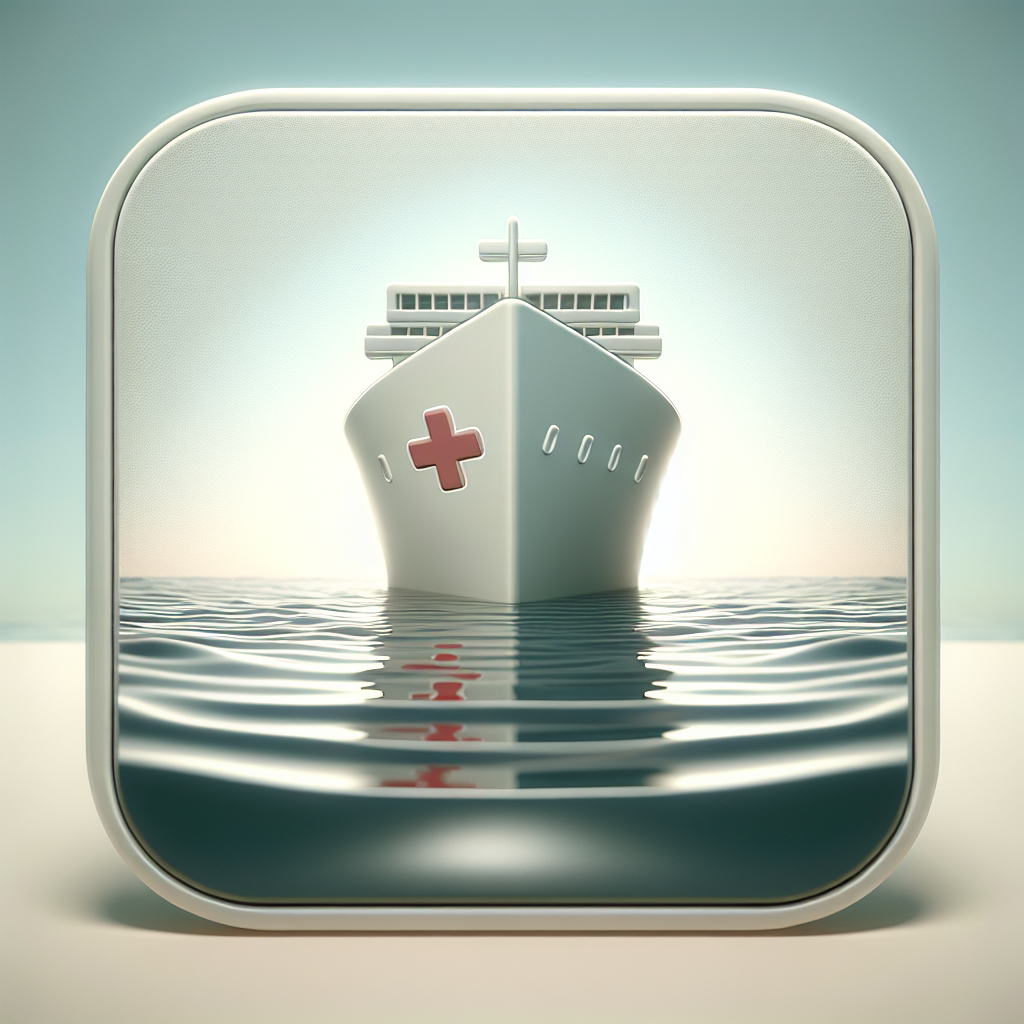A record 34.7 million people are expected to take cruise trips in 2024, according to the Cruise Lines International Association (CLIA). However, without proper care, some could face substantial medical expenses.
It’s crucial for cruise-goers to thoroughly review their cruise line’s medical care policies.
Vincent Wasney’s experience serves as a cautionary tale. Wasney, uninsured, suffered seizures on a December 2022 cruise with his wife. After being evacuated by rescue boat, he was handed a $2,500 bill for onboard medical care. This occurred on a Royal Caribbean cruise, which requires guests to settle all onboard costs by the cruise’s end.
Even insured passengers might face high bills in a medical emergency, as most cruise ships do not accept health insurance.
Medical staff on cruise ships generally address issues similar to those in land-based emergency departments and urgent care centers, according to Joe Scott, chair of the cruise ship medicine section of the American College of Emergency Physicians (ACEP). Common concerns include seasickness, sunburns, chest pain, abdominal pain, fever, injuries, and mental health issues.
The U.S. Centers for Disease Control and Prevention (CDC) notes that cruise ships can facilitate the spread of diseases. Half of the passengers seeking medical care on cruises are over 65, according to the CDC.
CLIA-member cruise ships must adhere to ACEP medical facility guidelines, including having a qualified medical professional onboard 24/7 and facilities for examinations and intensive care.
Most cruise ships don’t accept health insurance due to the international diversity of guests and their various insurance plans. Guests are usually advised to seek reimbursement from their plans upon returning home, but coverage varies.
Travelers should consider buying travel insurance that covers medical expenses, including coverage for existing medical conditions and sufficient medical evacuation coverage.
Preventive actions recommended for cruise-goers include bringing extra medication, keeping a list of prescriptions and medical conditions, frequent handwashing, staying hydrated, and knowing personal limits.
